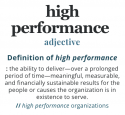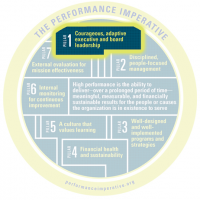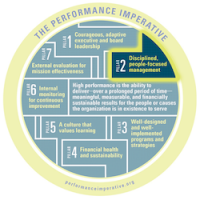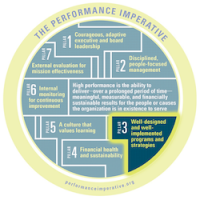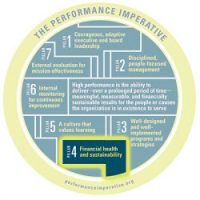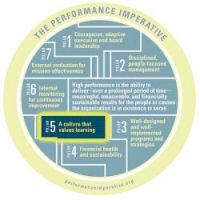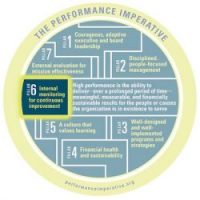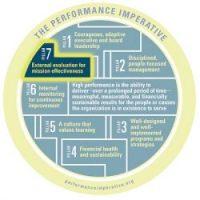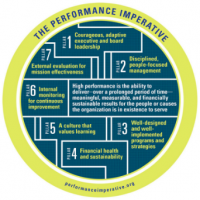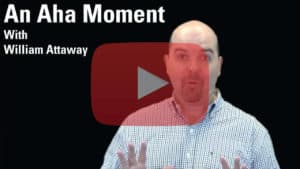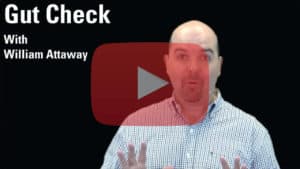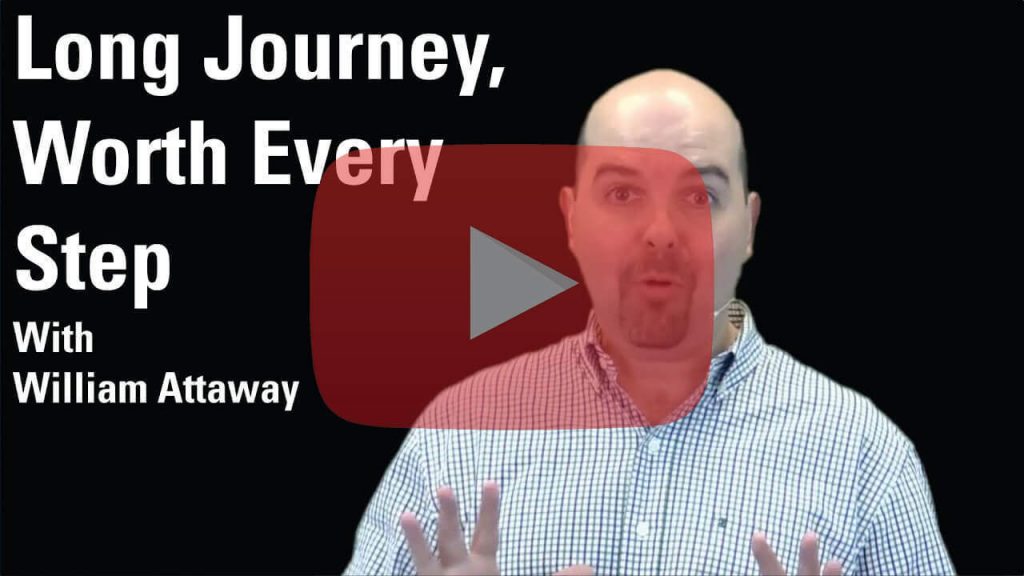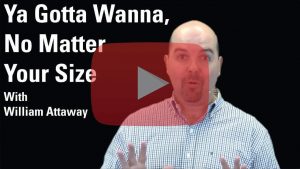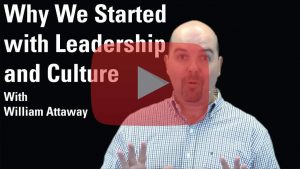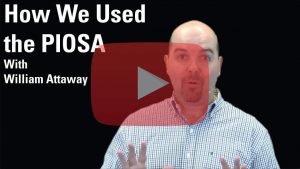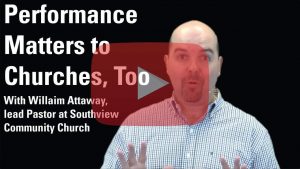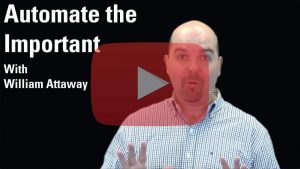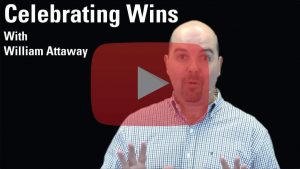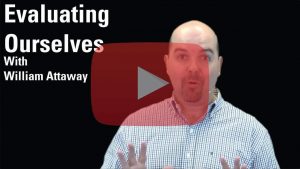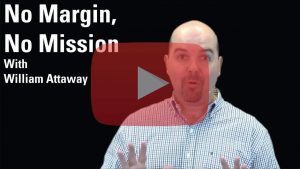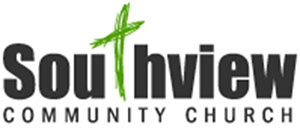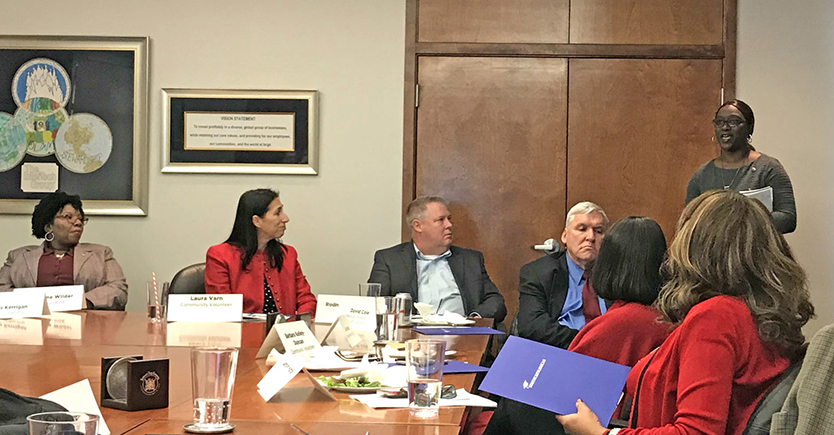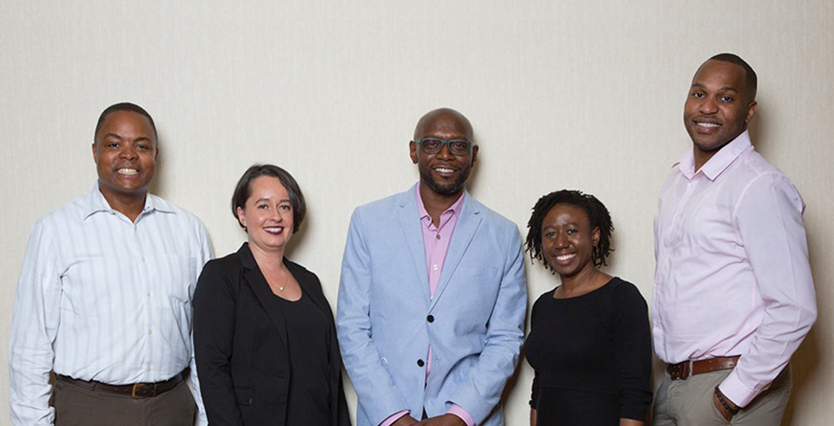This document, developed collaboratively by the Leap of Reason Ambassadors Community (LAC), is licensed under a Creative Commons Attribution-NoDerivatives 4.0 International License. We encourage and grant permission for the distribution and reproduction of copies of this material in its entirety (with original attribution). Please refer to the Creative Commons link for license terms for unmodified use of LAC documents.
Because we recognize, however that certain situations call for modified uses (adaptations or derivatives), we offer permissions beyond the scope of this license (the “CC Plus Permissions”). The CC Plus Permissions are defined as follows:
You may adapt or make derivatives (e.g., remixes, excerpts, or translations) of this document, so long as they do not, in the reasonable discretion of the Leap of Reason Ambassadors Community, alter or misconstrue the document’s meaning or intent. The adapted or derivative work is to be licensed under a Creative Commons Attribution-NoDerivatives 4.0 International License, conveyed at no cost (or the cost of reproduction,) and used in a manner consistent with the purpose of the Leap of Reason Ambassadors Community, with the integrity and quality of the original material to be maintained, and its use to not adversely reflect on the reputation of the Leap of Reason Ambassadors Community.
Attribution is to be in the following formats:
- For unmodified use of this document, the attribution information already contained in the document is to be maintained intact.
- For adaptations or derivatives of this document, attribution should be prominently displayed and should substantially follow this format:
“From ‘Performance in Action: Performance Practice for New Leaders, “Springboard to High Performance”,’ developed collaboratively by the Leap of Reason Ambassadors Community, licensed under CC BY ND https://creativecommons.org/licenses/by-nd/4.0/. For more information or to view the original product, visit https://leapambassadors.org/performance-articles/aha-moment-gut-check-and-plan-to-keep-learning/.”
The above is consistent with Creative Commons License restrictions that require “appropriate credit” be required and the “name of the creator and attribution parties, a copyright notice, a license notice, a disclaimer notice and a link to the original material” be included.
The Leap of Reason Ambassadors Community may revoke the additional permissions described above at any time. For questions about copyright issues or special requests for use beyond the scope of this license, please email us at info@leapambassadors.org.
